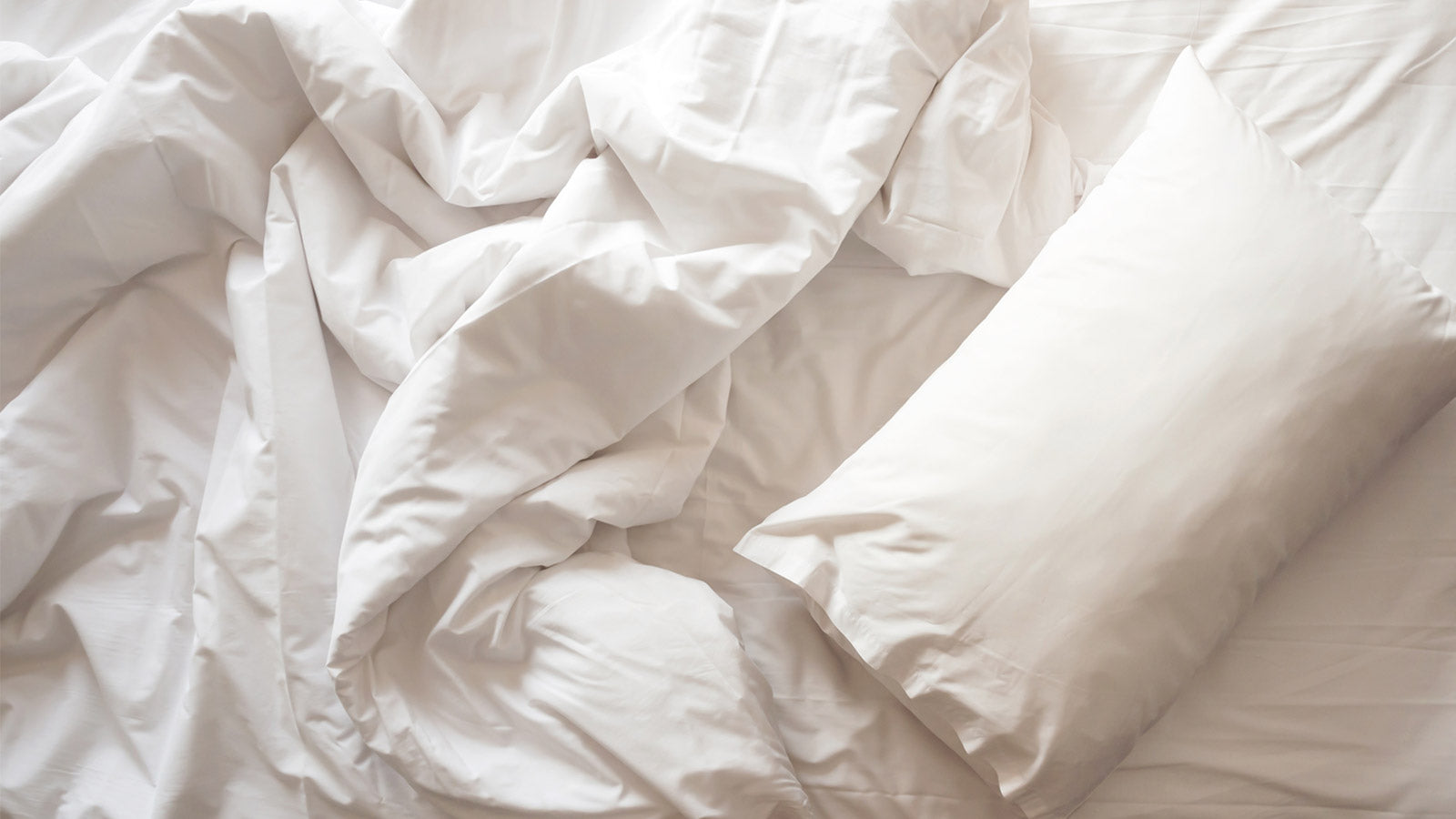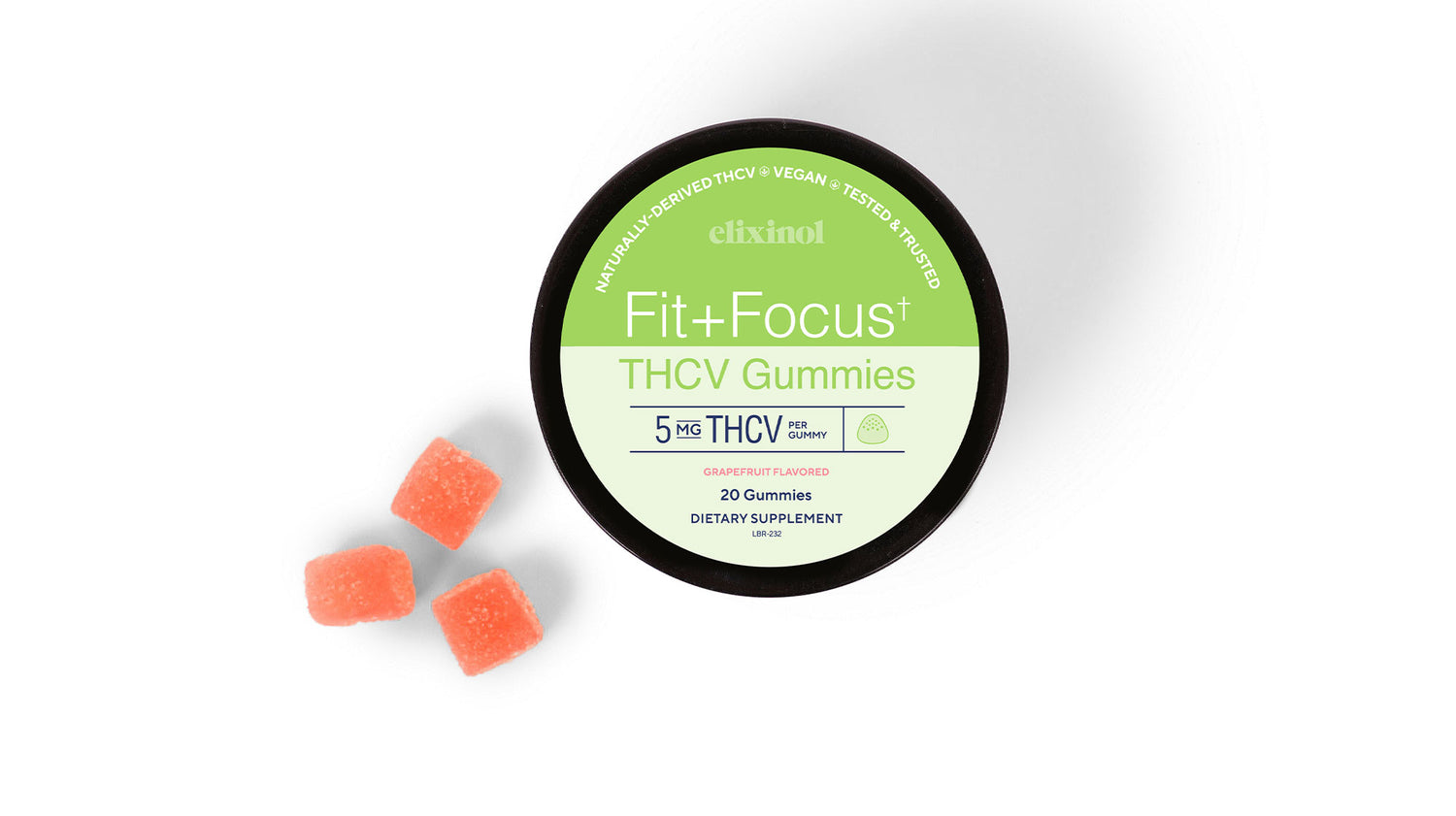You know the feeling. Heavy eyes, draggy feet, maybe a dull headache. You can power through the day well enough, but you don’t enjoy it and you certainly don’t shine. It doesn’t have to be that way. Products like Elixinol’s Good Night Capsules have shown promise to help improve sleep.
But first, let’s what poor quality sleep is costing us.
How loss of sleep impacts our health
For starters, the business costs are astronomical. Workers who don’t get enough rest take nearly twice as many days off as those who sleep soundly. This pencils out to over one million work days lost every year. Those who don’t take time off are simply not as productive. A RAND Corporation study estimated lost sleep costs the US economy over 300 billion dollars annually.
Lack of sleep can lead to reduced income, increased medical care expenses, and opportunity cost -- money left on the table because you’re just too worn out to chase it down. Maybe it’s a job interview you didn’t ace because you weren’t well rested, or maybe it’s training that didn’t stick because you were too tired to focus. It’s anything where you’re losing out because you didn’t perform at your best.
The economic impact is sobering, but even more troubling is the way poor sleep affects your overall well-being and long term health. Here are a few of the health risks associated with not getting enough sleep.
Your Overall Health
Lack of sleep is associated with long-term health concerns, including diabetes, high blood pressure, and heart disease -- conditions which shorten your lifespan.
Your Weight
When we sleep, our bodies produce hormones that help regulate our weight and our appetite. Insufficient sleep knocks those hormones out of whack so we don’t process our food as efficiently. We might mistake our craving for better sleep as a craving for snacks; tired people have a harder time focusing on a healthy diet. And sleepy humans find exercise more of a chore. It adds up: poor sleep affects your weight.
Your Mood
When we sleep, our bodies produce hormones that help regulate our weight and our appetite. Insufficient sleep knocks those hormones out of whack so we don’t process our food as efficiently. We might mistake our craving for better sleep as a craving for snacks; tired people have a harder time focusing on a healthy diet. And sleepy humans find exercise more of a chore. It adds up: poor sleep affects your weight.
Can CBD help you get better sleep?
Early research shows evidence that CBD’s stress reducing properties may also help achieve a better night's sleep. In a 2019 study, over half of the participants had improved sleep after a month of CBD supplements.
Getting a good night’s sleep takes practice, but it’s worth it. In addition to adding CBD to your diet, here are a few ways to get better sleep, ways that will pay off in the short run -- and the long run.
Other ways to improve sleep
1. Stick to a schedule
Try to go to bed and get up at the same time every day. That means the weekends too -- staying out late and sleeping in the next morning can disrupt your sleep patterns.
2. Shut down your screens
Sure, your phone or tablet has an amber light mode on it now. That’s better than blue light, which suppresses melatonin, your body’s naturally produced sleep hormone. Better still is no screen time at all for a minimum of 30 minutes before bedtime.
3. Turn off the lights
Darkness helps your body produce melatonin. Ambient light, whether from outside your window or from gadgets and power strips, can interfere with that process. Blackout curtains and taping over those glowing LEDs can help.
4. Avoid caffeine, alcohol, and large meals late in the day
Yes, alcohol can make you sleepy, but it can also reduce the amount of revitalizing REM sleep you get over the course of your night. Caffeine is a stimulant, and late night eating means your body is too busy digesting to unwind.
5. Try CBD
Elixinol’s Good NIght Capsules includes 15 milligrams of full-spectrum CBD and 2 milligrams of melatonin. CBD can help calm your racing mind while easing stress and discomfort -- critical factors that can keep you up at night. Melatonin is produced naturally by your body when it gets dark; it’s the hormone that makes you sleepy. Synthetic melatonin mirrors that behavior, telling your brain it’s time for bed. Combining the two -- melatonin and CBD -- helps you unwind so you can get the sleep you need to be your best self.




